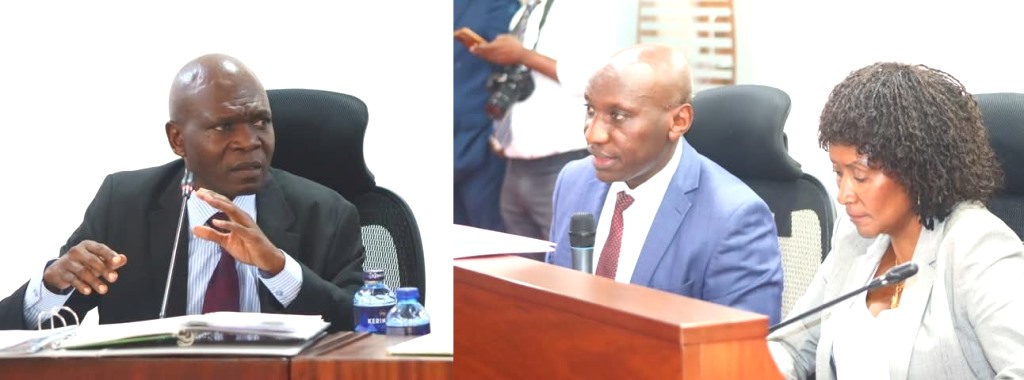The Teachers Service Commission (TSC) has admitted that the persistent stagnation of teachers in various job groups results from multiple systemic issues that have built up over time. In a candid review, the Commission outlined reforms to restore fairness, motivation, and career progression within the teaching profession.
“We wish to acknowledge that the prolonged stagnation of teachers in various job groups is the result of several compounding factors accumulated over time,” the Commission stated.
One of the main challenges identified is the lack of regular promotion interviews. On Tuesday, May 20, TSC admitted to the Parliament Committee on Education that it has only conducted promotion interviews over the past ten years on three occasions. This irregularity has created a massive backlog of eligible teachers who have remained in the same job groups for years. To address this, the Commission has called on Parliament to intervene.
“We propose that Parliament allocates a dedicated annual budget for teacher promotions. Regular and predictable promotion cycles will prevent future backlogs and sustain motivation among educators,” the statement read.
TSC also addressed the unintended consequences of the Career Progression Guidelines (CPG), which were introduced as a reform but have since contributed to widespread stagnation. The Commission apologised to teachers and the nation, admitting that the policy had failed to deliver on its intended objectives.
“We apologise to teachers and the nation for the negative outcomes resulting from implementing the Career Progression Guidelines,” the Commission said. It added that Job Groups C5 and D2 will be eliminated and merged with adjacent grades as part of a restructuring plan to ensure more equitable promotions.
An internal audit revealed troubling anomalies in past promotions, including cases where teachers with minimal experience were promoted ahead of more qualified colleagues.
READ ALSO:
KNEC sets deadline for phased out TVET courses, final exams in November
TSC has taken corrective measures by removing those improperly elevated and re-advertising the affected positions.
“We reiterate: corruption has no place in the teaching service. We remain committed to transparency, equity, and integrity in all our processes,” the Commission declared.
The Commission introduced three new job groups—T1, T2, and T3—to offer promotion pathways for classroom teachers who do not hold administrative positions. This move ensures that merit and experience, rather than administrative titles, determine a teacher’s career progression.
“We no longer wish to peg higher job groups exclusively to administrative duties. This change opens up opportunities in the upper cadres for all deserving teachers based on merit and experience,” the statement concluded.
The reforms come as a relief to many educators across the country and mark a significant step toward restoring fairness and professionalism in Kenya’s teaching service.
By Joseph Mambili
You can also follow our social media pages on Twitter: Education News KE and Facebook: Education News Newspaper for timely updates.
>>> Click here to stay up-to-date with trending regional stories
>>> Click here to read more informed opinions on the country’s education landscape
>>> Click here to stay ahead with the latest national news.






